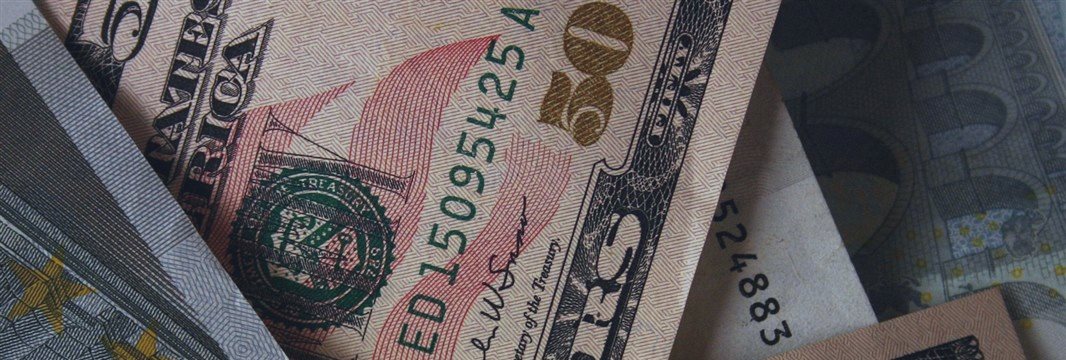On Tuesday the Australian dollar declined after the central bank released minutes of its April board meeting that showed caution on the next move.
For the second consecutive month, the RBA considered cutting the cash rate before arriving at no-change, noting the effect of a cut remained hard to assess.
"In assessing the operation of the cash flow channel in particular, they noted the responsiveness of borrowers and savers to changes in interest rates and asset prices was unusually uncertain in a world of very low interest rates and high household leverage."
"Members also saw advantages in receiving more data, including on inflation, to assess whether or not the economy was on previously forecast path and allowing more time for the economy to respond to the reduction in the cash rate earlier in the year," the RBA said.
At the meeting, the RBA also
discussed the unusual trading in the Australian dollar that occurred in
the period immediately prior to the announcement of the board's
decisions in both February and March.
The RBA was advised by Australian Securities and Investments Commission that there was no evidence of procedural lapses or behavior that could have led to the early release of relevant information.
AUD/USD traded at 0.7700 down 0.30%, while USD/JPY changed hands at 119.46, up 0.22% and EUR/USD was quoted flat at 1.0731, down 0.07%.
The US dollar held gains against a basket of other major currencies in quiet trade on Monday, as the buck recovered from the previous week's downbeat U.S. data. However, sentiment on the dollar was fragile after a recent run of soft economic data saw investors push back expectations for higher U.S. interest rates.
Market players hardly took into consideration data on Friday showing that U.S. consumer prices were higher for a second successive month in March.
The consumer price index edged up 0.2% last month, matching a similar gain in February. On a year-over-year basis, consumer prices dipped 0.1% in March after remaining flat in February. Core consumer prices, which exclude food and energy costs increased 0.2% in March for an annual increase of 1.8%, the largest since October.
The euro remained vulnerable amid concerns that Athens is still far from reaching an agreement on economic reforms for bailout funds with its creditors, spurring fears that Greece could be forced out of the euro zone.


